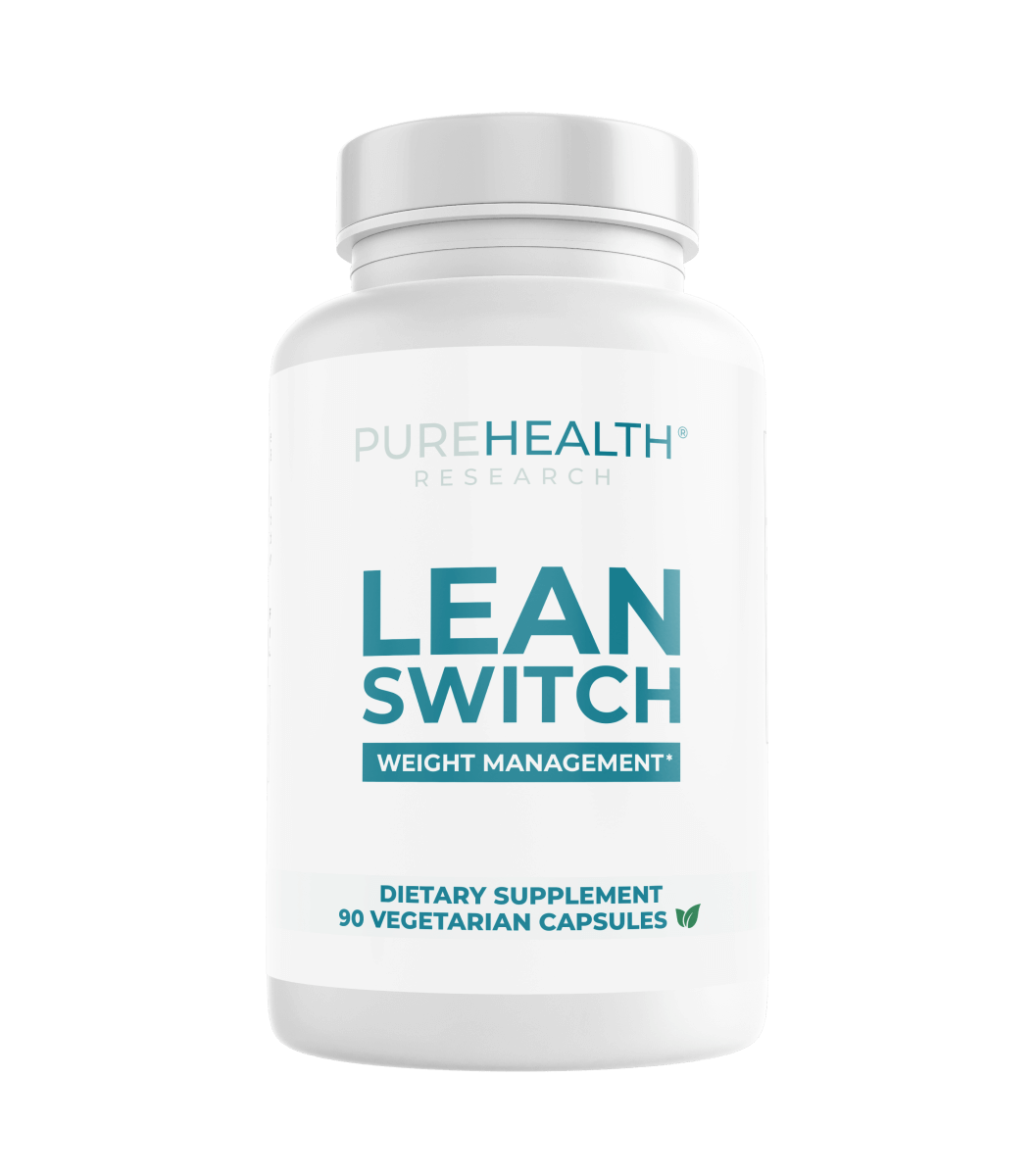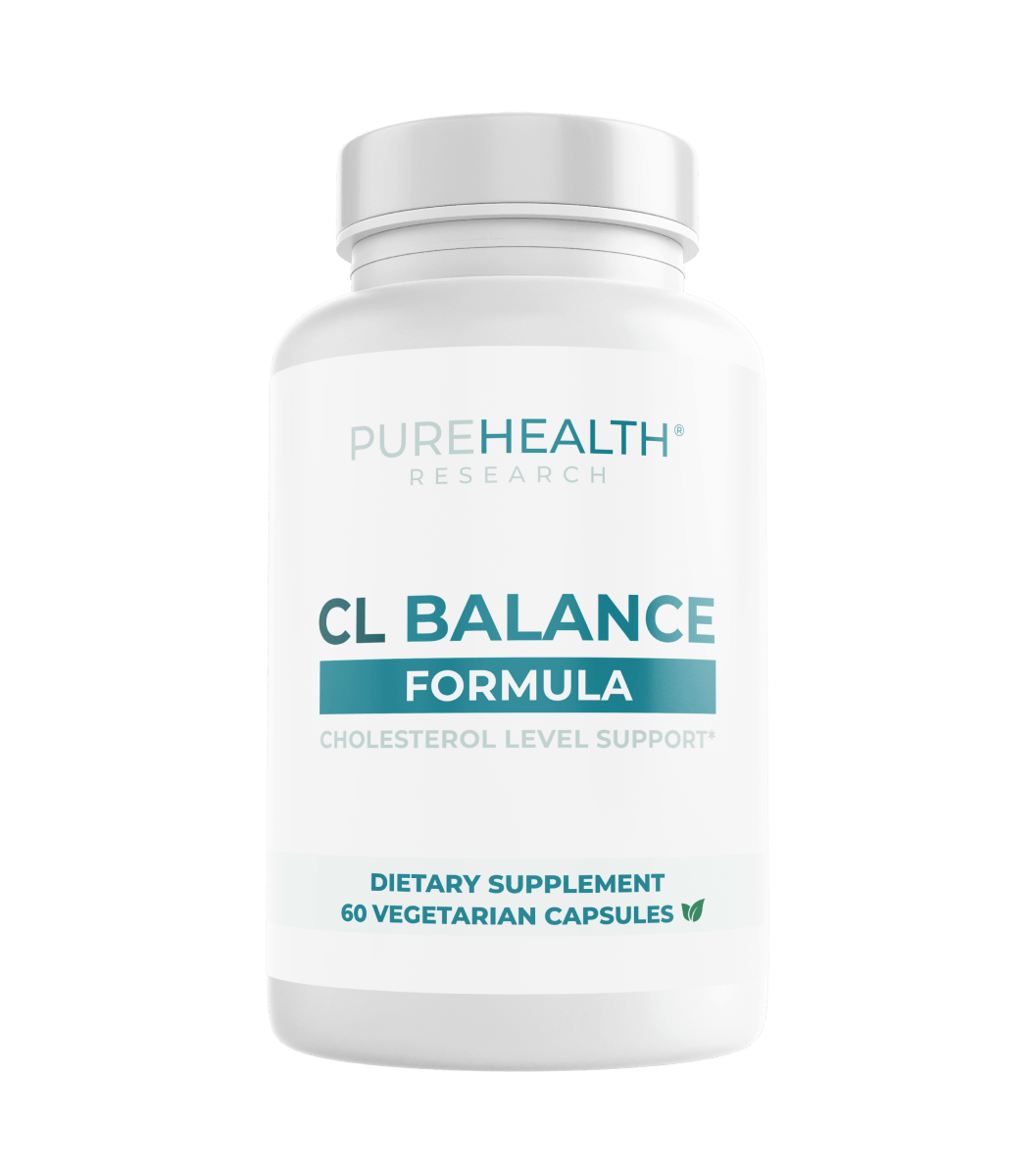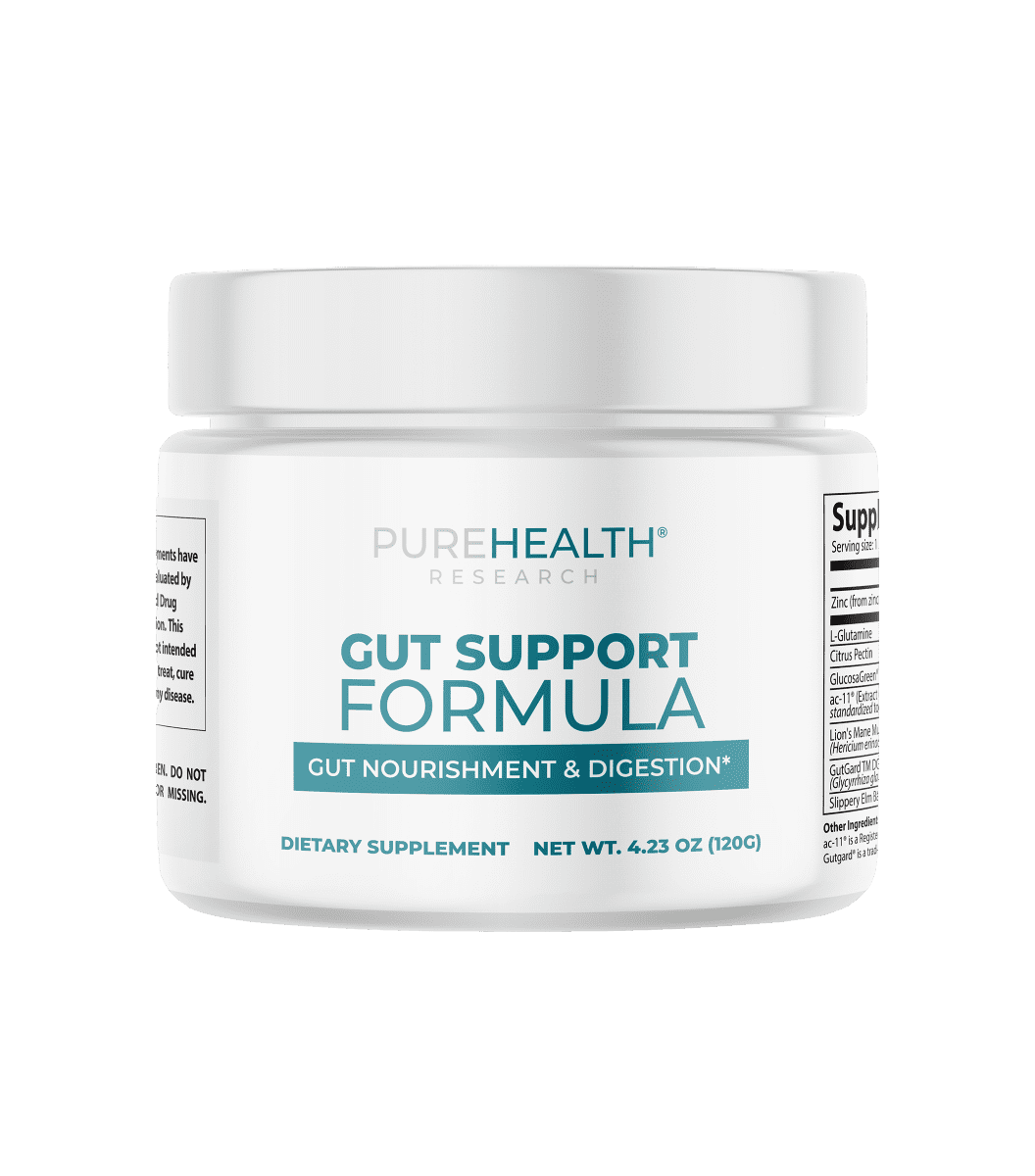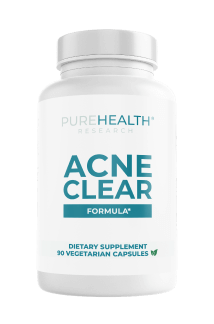Supplements for Women's Health
Empower yourself with our health supplements for women. From supporting hormone levels and promoting bone health to enhancing skin vitality and revitalizing energy, our carefully curated supplements are designed to meet the unique health needs of women.




Select Product Category
Product Categories
- Blood Sugar Control
- Bone & Joint Health
- Brain & Mental Health
- Circulation
- Cleanse & Detox
- Energy Management
- Gut Health & Digestion
- Hearing Loss
- Immune System
- Kidney Health
- Liver Health
- Lymph System
- Men's Health
- Nervous System
- Optimal Health
- Prostate Health
- Skin & Beauty
- Toenail Fungus
- Vein Health
- Vision
- Weight Management
- Women's Health
Why Should I Try Health Supplements For Women?
Quality women's health supplements play an essential role in maintaining overall well-being. Regular use of these supplements can support hormonal harmony*, raise energy levels*, and revitalize skin vitality*, contributing to a more vibrant and active lifestyle. Additionally, daily supplements for women's health can help strengthen bones*, support cardiovascular health*, and improve immune function*.
Supplements for women’s sexual health are also crucial, as they can help address hormonal fluctuations*, enhance libido*, and promote reproductive health*. These supplements can reduce discomfort associated with menstrual cycles and menopause, allowing for less disruption in your daily activities. Moreover, specific nutrients can support mental clarity and reduce stress perception*, promoting optimized cognitive function.
Prioritizing your health with the best natural supplements for women's health can significantly improve your quality of life. By addressing various health aspects, these supplements can provide comprehensive support for your unique needs, helping you to thrive every day.

Discover Our Best Supplements For Women's Health
When seeking the best health supplements for women, consider UT FIX. This supplement features a powerful blend of Cranberry Extract, D-Mannose, and Bee Propolis, each selected for their proven benefits in supporting urinary tract health, defending and alleviating urinary tract bacterial invasions.
Another notable choice is VenEase, which combines potent ingredients like Horse Chestnut, Butcher’s Broom, and Micronized Citrus Flavonoids. These ingredients are designed to improve leg composition, reduce skin irritation, fluid retention, dependency on compression stockings, and promote comfort. For comprehensive thyroid support, explore Thyroid Harmony Formula. This supplement includes essential nutrients such as Iodine, Selenium, and Ashwagandha, which help optimize thyroid function and hormone production and support metabolic health.

For those going through menopause, MenoHarmony is an excellent option. It features a blend of Angelica Gigas, Passion Flower, and Red Clover, specifically formulated to alleviate menopausal symptoms and promote hormonal harmony*. Additionally, to address skin concerns, consider Acne Clear Formula. This product includes Zinc, Rhodiola, DIM, and Aloe Vera, known for their effectiveness in reducing hormonal blemishes and supporting clear, healthy skin.
Finally, Metabolic Greens+ is perfect for those looking to boost overall vitality. Enriched with green superfoods like Spirulina, Broccoli, and Wheatgrass, this supplement stimulates metabolic rate and supports detoxification, making it one of the best natural supplements for women's health.
Each of these health supplements for women is crafted to provide targeted benefits, ensuring you receive comprehensive support for your unique health needs.

Why Choose PureHealth Research?
At PureHealth Research, we ensure a scientifically-backed approach to wellness by offering products that are gluten-free, dairy-free, soy-free, and GMO-free. We commit to using natural ingredients and conducting rigorous testing, so you can trust in the purity and efficacy of our health solutions.






Faq
Frequently Asked Questions
What are The Best PureHealth Research Health Supplements for Women?
The best health supplements for women follow strict protocols for purity and potency. They provide similar, safe dosages used in scientific studies for maximum effectiveness. They remove contaminants and use natural capsules (not plastic), non-GMO botanicals, premium vitamins, minerals, and amino acids. PureHealth Research stands behind UT Fix, VenEase, Thyroid Harmony Formula, MenoHarmony, Acne Clear Formula, and Metabolic Greens+ for women with a 365-day money-back guarantee
Are These Health Supplements for Women Safe?
Yes, the health supplements for women by PureHealth Research are designed for safety. They contain natural, non-GMO ingredients supported by scientific research to effectively address women's specific health needs, from supporting hormone levels to metabolic functions, promoting vitality, mental clarity, and overall well-being. The ingredients are generally considered safe, but consulting with a healthcare provider is recommended to ensure compatibility.
How Do Health Supplements for Women Work?
Health supplements for women by PureHealth Research target specific physiological needs using high-quality, synergistic formulas. These supplements support hormone levels, optimize metabolic function, and improve skin health through natural, scientifically validated or clinically proven ingredients that promote cellular health and overall well-being, effectively addressing the unique health challenges faced by women.
Are There Natural PureHealth Research Health Supplements for Women Available?
Yes, PureHealth Research offers a diverse selection of natural supplements for women's health. These meticulously formulated products utilize herbal extracts, vitamins, minerals, and other natural ingredients to address specific concerns such as urinary tract health, venous comfort, thyroid function, menopausal symptoms, acne, and digestive support. Each supplement is designed to promote overall well-being and vitality, reflecting PureHealth Research's commitment to harnessing nature's benefits for women's health needs.
What is the Recommended Dosage for the Best Supplements for Women's Health?
For the best supplements for women's health by PureHealth Research, the recommended dosages are:
- UT Fix - Take two (2) capsules daily with water.
- VenEase - Take two (2) capsules daily with water.
- Thyroid Harmony Formula - Take four (4) capsules daily with water.
- MenoHarmony - Take two (2) capsules daily with water.
- Acne Clear Formula - Take three (3) capsules daily with water.
Metabolic Greens+ - Mix one (1) scoop with 8 fl oz of water daily.
What Benefits Can Women Experience by Taking Daily Supplements for Women's Health?
Taking daily supplements for women's health can significantly enhance overall well-being, support hormone levels, and promote vitality. These supplements optimize metabolic function, improve skin health, reduce symptoms of menopause, and promote urinary tract health. Women may also experience raised energy levels, improved mood positivity, and strengthened overall physical health.
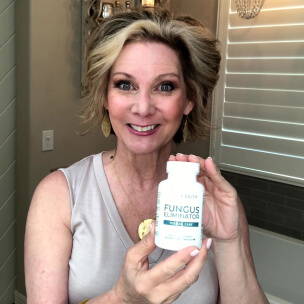
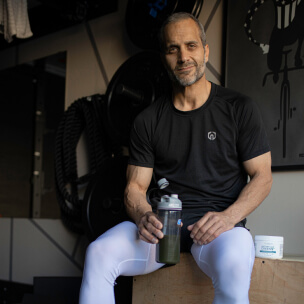
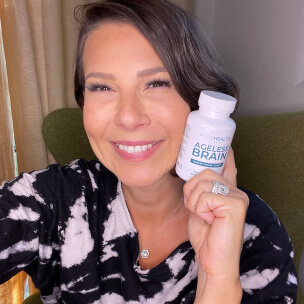
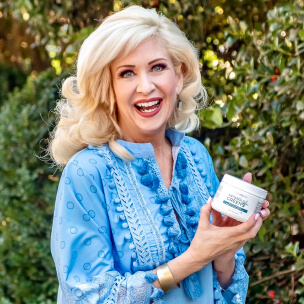

Customer Reviews
This site offers health, wellness, fitness, and nutritional information and is designed for educational purposes only. You should not rely on this information as a substitute for, nor does it replace, professional medical advice, diagnosis, or treatment. If you have any concerns or questions about your health, you should always consult with a physician or other healthcare professional. Do not disregard, avoid, or delay obtaining medical or health-related advice from your healthcare professional because of something you may have read on this site. The use of any information provided on this site is solely at your own risk.
